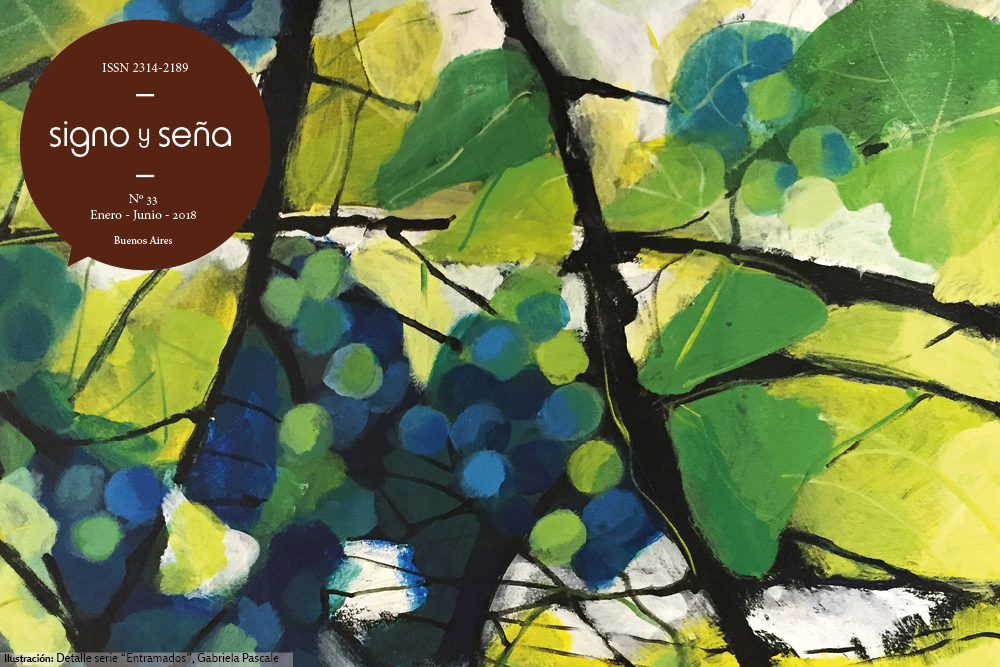<i>Carurivis, camarivis and carnavivis</i>: <i>X-ivis</i> morphological constructions among speakers of Salvador-BA and the evidence of a liquid and complex lexicon
Keywords:
construction morphology, cognitive linguistics, neologisms, modernity, complexity
Abstract
This work interprets the functioning of the X-ivis scheme, which involves carurivis, camarivis and carnavivis. These constructions were observed in texts by speakers from Salvador (Bahia) and are used in order to avoid pornographic rhymes based on the oxytones ending in [u], [ãw] and [aw]. The analysis of this phenomenon demands the review of concepts well settled in the morphological and lexicological literature, besides requiring a lexical approach that take into account the liquidity of modernity and the complexity of the systems. With regard to the theoretical contribution, the premises of cognitive linguistics were the main guiding principles of this discussion, especially the prototype theory, construction grammar, sociocognitivism and construction morphology.Downloads
Download data is not yet available.
How to Cite
Almeida Simões Neto, N. (1). <i>Carurivis, camarivis and carnavivis</i>: <i>X-ivis</i> morphological constructions among speakers of Salvador-BA and the evidence of a liquid and complex lexicon. Signo & Seña, (33), 93-123. https://doi.org/10.34096/sys.n33.5260
Issue
Section
Articles
- Authors keep the copyright and give the journal the right of the first publication, with the work registered with the Creative Commons Attribution-ShareAlike 4.0 International License, which allows third parties to use what is published whenever they mention the authorship of the work and the first publication in this magazine.
- Authors can make other independent and additional contractual agreements for the non-exclusive distribution of the article published in this journal (eg, include it in an institutional repository or publish it in a book) as long as they clearly indicate that the work It was published for the first time in this magazine.
- Authors are allowed and recommended to publish their work on the Internet (for example on institutional or personal pages).

















